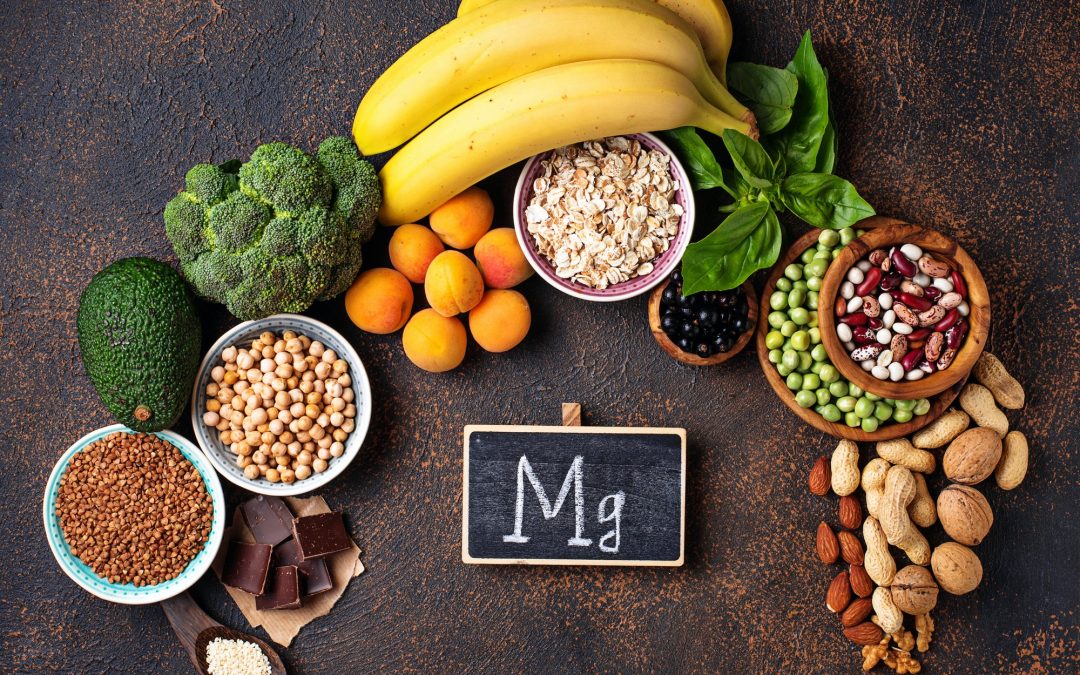Is magnesium beneficial? The following is an overview of magnesium’s FDA “approved” qualified heart health claim.
On January 10, 2022, the FDA provided a letter of enforcement discretion regarding magnesium and certain health claims. In the announcement, they state that they don’t intend to object to the use of qualified health claims when it comes to consuming magnesium for reducing hypertension.
In other words, magnesium has a qualified health claim regarding heart health. The current recommended daily value for magnesium is 420 mg, with some qualifiers. Some of the best natural food sources of magnesium include legumes, green leafy vegetables, nuts, and whole grains.
In 2016, The Center for Magnesium Education and Research petitioned the FDA regarding magnesium and its health claims. The FDA ultimately responded with this announcement, further supporting a connection between magnesium and hypertension.
While scientific evidence supports qualified health claims, it’s important to note that they don’t meet the rigorous standard required for an authorized health claim. This standard is based on significant scientific agreement.
 Moreover, the FDA specifically suggests the following qualified health claims for dietary supplements and conventional foods:
Moreover, the FDA specifically suggests the following qualified health claims for dietary supplements and conventional foods:
- “Inconsistent and inconclusive scientific evidence suggests that diets with adequate magnesium may reduce the risk of high blood pressure (hypertension), a condition associated with many factors.”
- “Consuming diets with adequate magnesium may reduce the risk of high blood pressure (hypertension). However, the FDA has concluded that the evidence is inconsistent and inconclusive.”
- “Some scientific evidence suggests that diets with adequate magnesium may reduce the risk of high blood pressure (hypertension), a condition associated with many factors. The FDA has concluded that the scientific evidence supporting this claim is inconsistent and not conclusive.”
Magnesium Benefits
As the fourth most abundant mineral in the human body, magnesium plays an important part in your health. For example, various studies show that magnesium is effective at lowering blood pressure, which benefits those with hypertension.
In addition, supplements may be able to enhance workout performance, though more research is necessary. Moreover, individuals who get the most magnesium also have a lower risk of type 2 diabetes as they may lower blood sugar in some people. Magnesium also has other potential benefits such as reducing inflammatory markers and fighting inflammation.
The Outlook
 If you want to experience these benefits, then you should make sure you’re eating enough magnesium-rich foods. You can also make up for any deficiencies by taking a supplement to help you receive the amount that you need.
If you want to experience these benefits, then you should make sure you’re eating enough magnesium-rich foods. You can also make up for any deficiencies by taking a supplement to help you receive the amount that you need.
In addition, you can give your heart health an extra boost by taking heart supplements like L-arginine Plus. It contains l-arginine, l-citrulline, and various heart-healthy vitamins and minerals – including magnesium.
If you’re ready to give your heart health the support it deserves, get the necessary magnesium and take L-arginine Plus.

